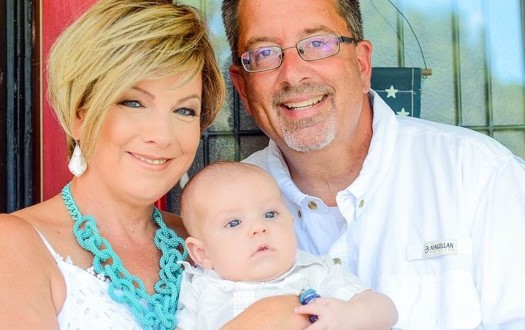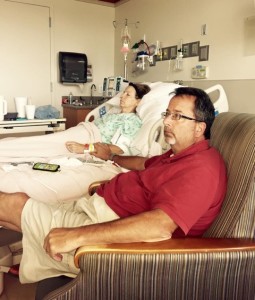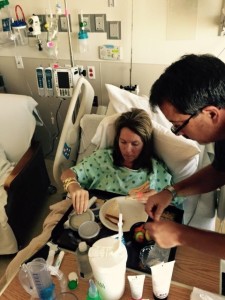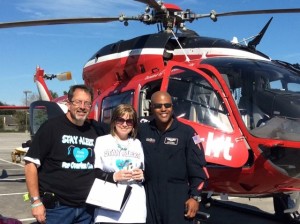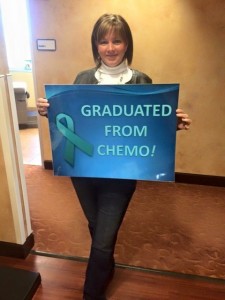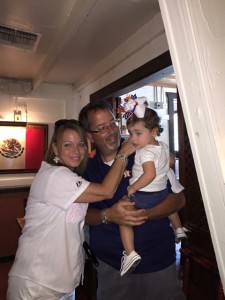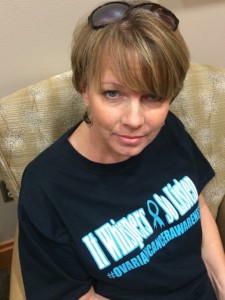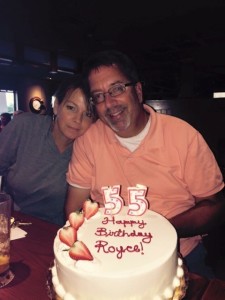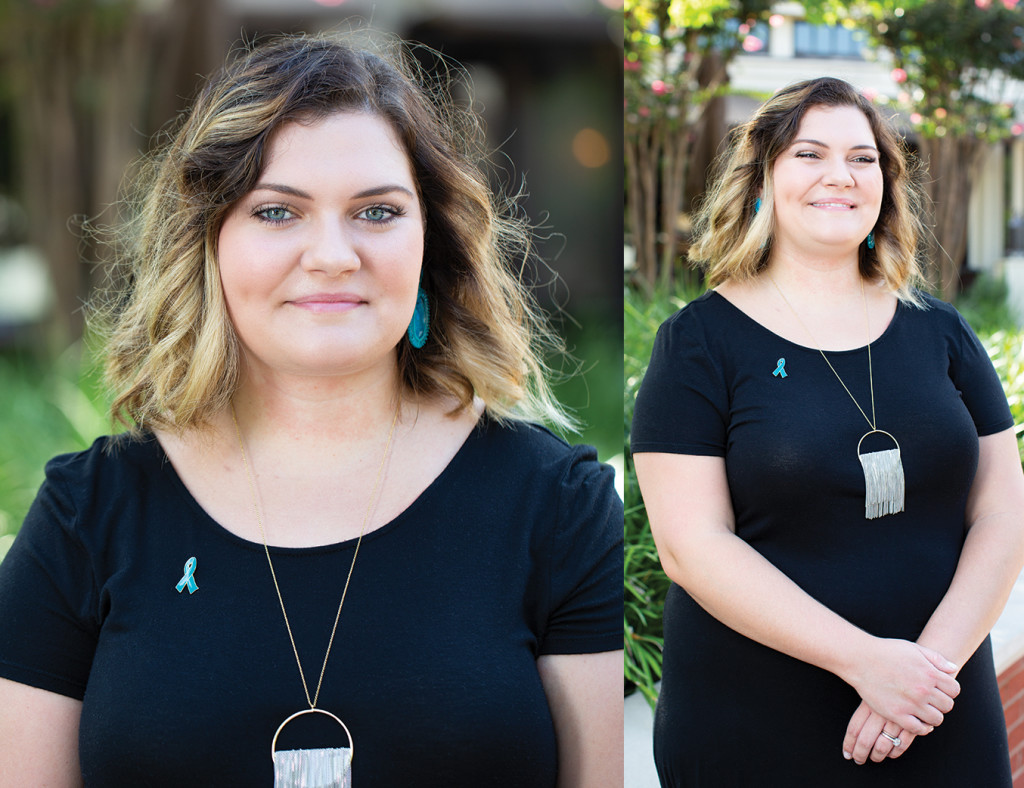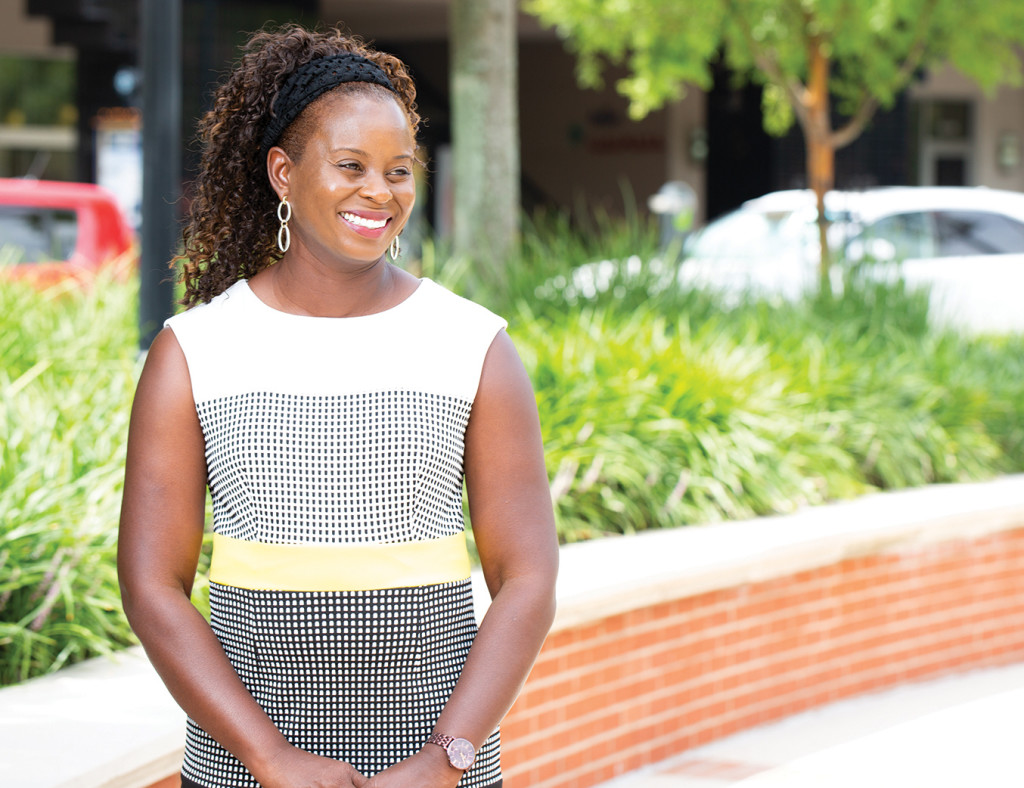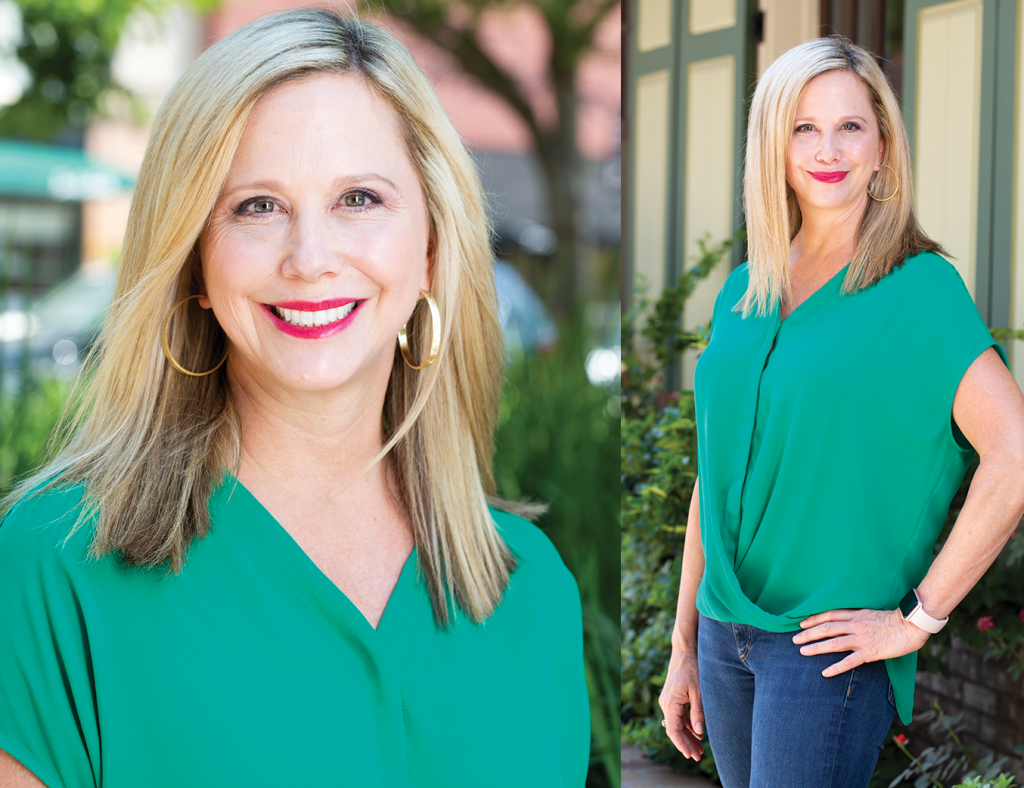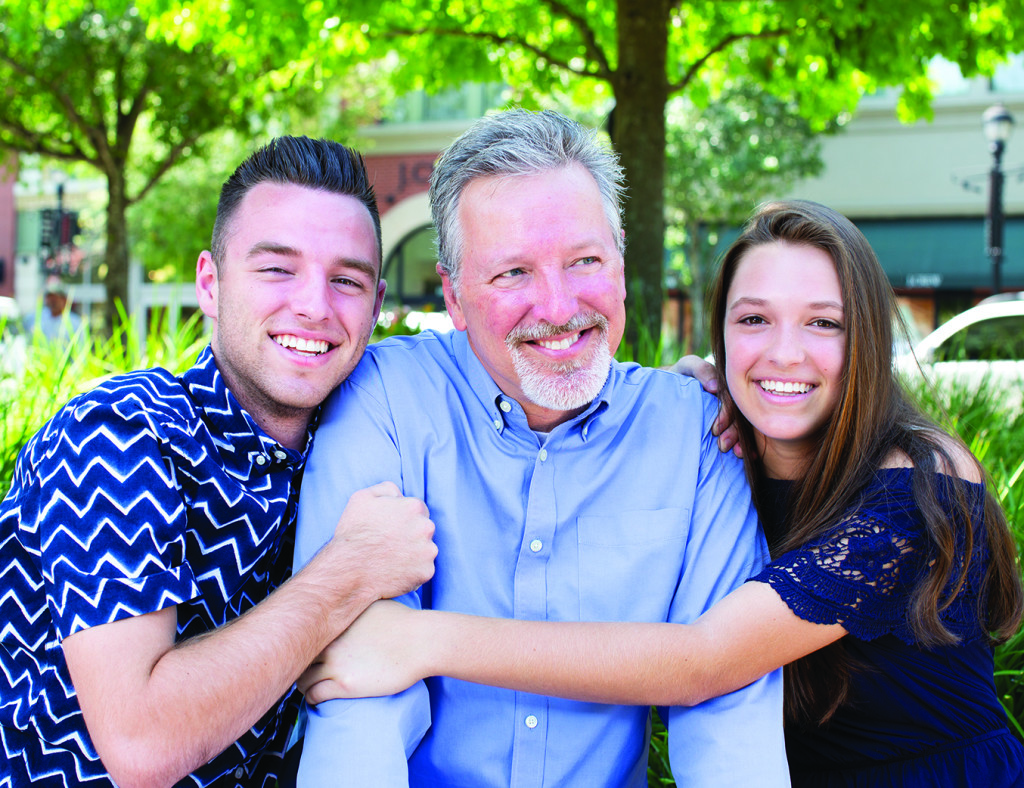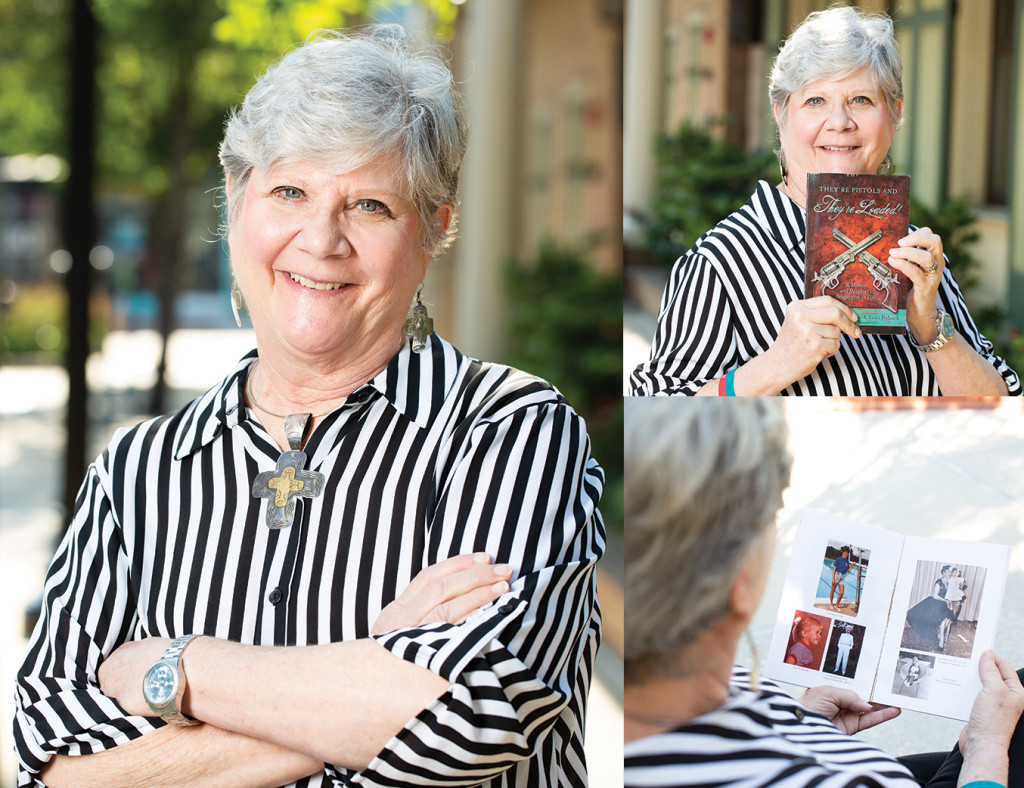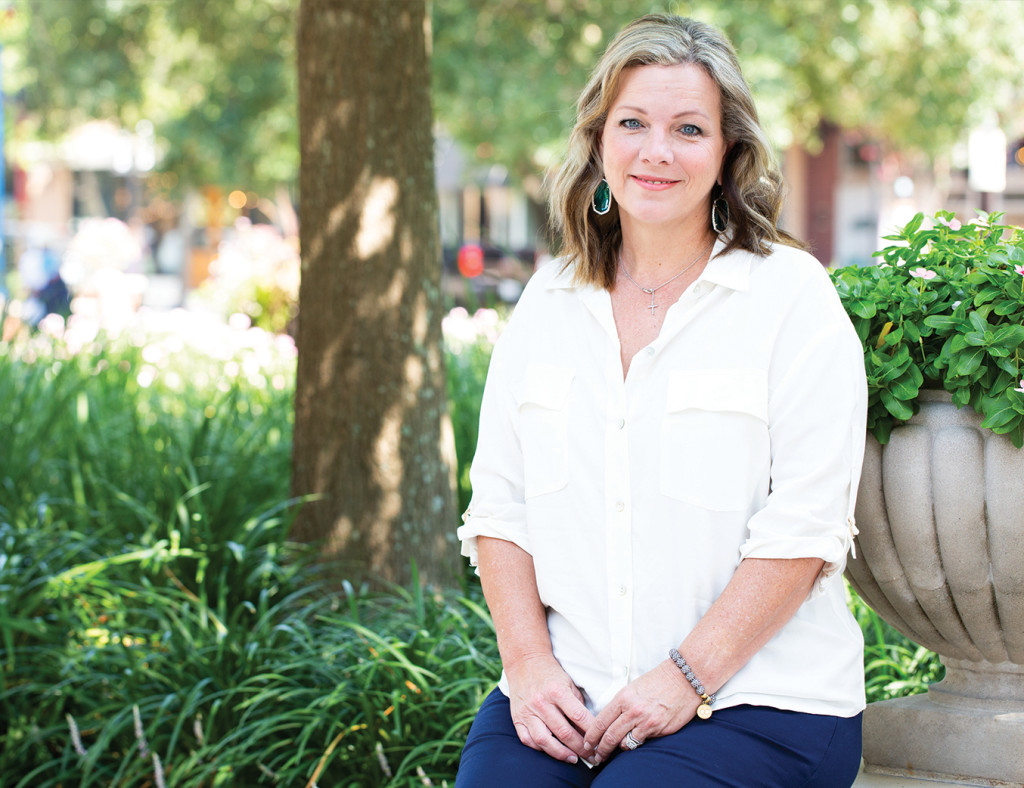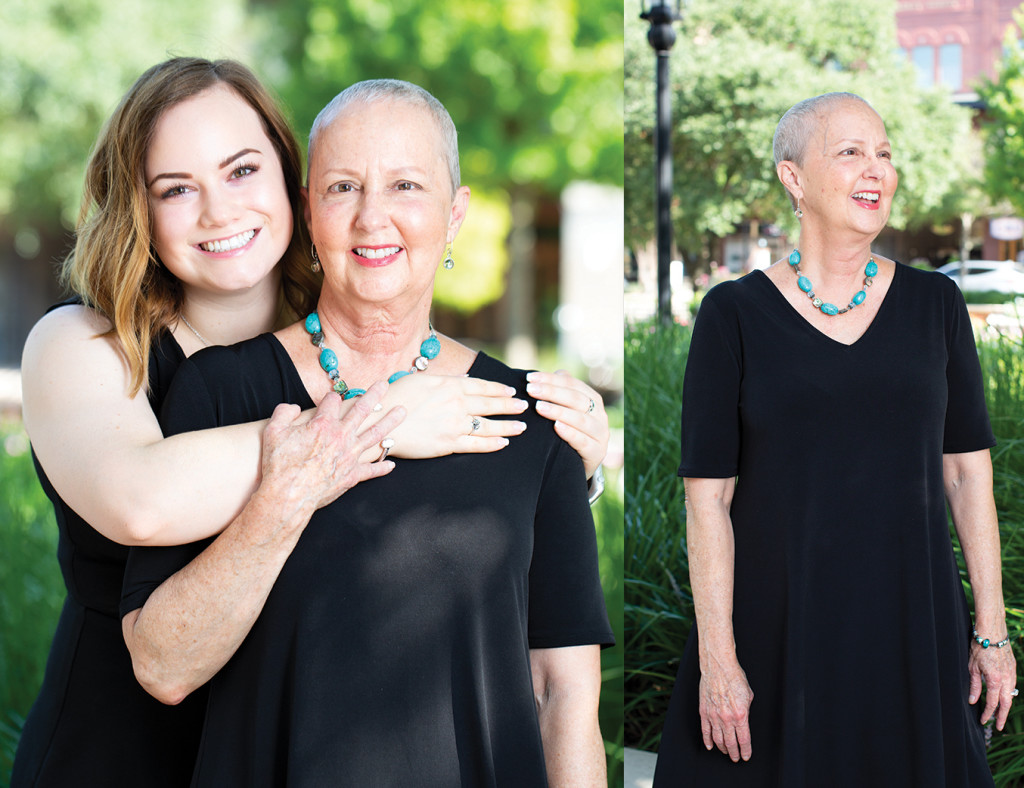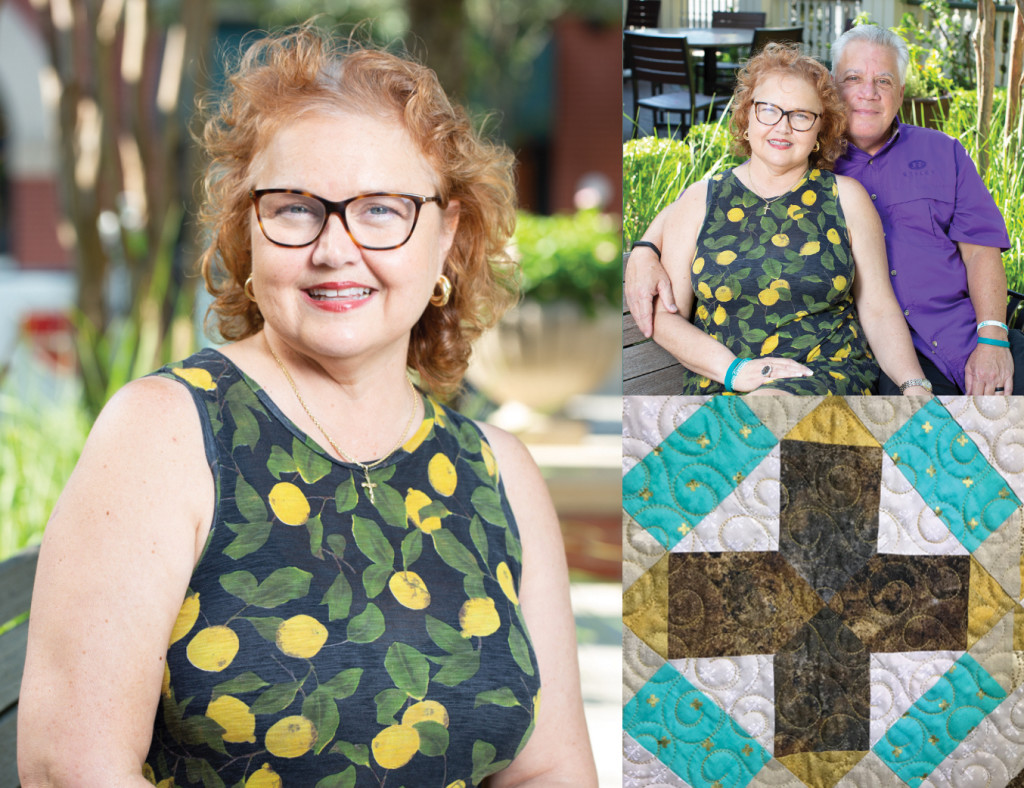From Paramedic to Patient
After being a paramedic for 26+ years, Misty Worrell wasn’t used to being the one on a stretcher. But a little over a year ago, Misty was diagnosed with stage 3 ovarian cancer after discovering a blood clot in her leg. Now in remission and still working in the emergency medical field in an administrative role, here are six questions with the Humble resident about her story.
How did being a paramedic effect your experience as a cancer patient? You must have had more medical knowledge going through this experience than the average person.
MW: Being in the medical field, I felt that I knew more information about different topics that I was “diagnosed” with, but also knew all the factors that could potentially occur. But I didn’t know anything about ovarian cancer when I was diagnosed, nobody ever told me I should, including my gynecologist.
How did you come across Dr. Lee and work with her? Describe the relationship you had with her.
MW: The ER doctor that I saw was in the in the same network as oncologist, Christine Lee (of Memorial Hermann Woodlands Hospital). I had an immediate connection with her and have more respect for that woman than I could ever convey.
Obviously cancer puts your whole life on hold, is there a specific moment when you were hit by this realization?
MW: The moment for me, and I hate it when people characterize this as no big deal, was when the girl who does my hair came to my house. My family came over, we sat in my kitchen, hair below my shoulders, and we cut it all off. She gave me the most precious short haircut but the reason for the cut was not a happy occasion.
What helped keep your spirits up and gave you support during this period?
MW: My angel of a husband never left my side and attended every single treatment and procedure! His co-workers donated all their PTO to him so he’d still get paid. If it weren’t for him. I wouldn’t have made it.
Also, my family coordinated a benefit, which I was not initially happy about (I didn’t want handouts), and planned an enormous fundraiser. I was able to pay off all my medical bills in 2 months. Reunion and awareness, word of mouth, social media and more made it possible for 600 people to attend from all parts of the country.
What did you learn from your experience that you want to impart on anyone reading this blog post?
Listen to your body; the most-vague symptoms can be the most important symptoms. And if you feel like something is wrong, don’t stop until you get an answer. Tell your doctor what you want. There is no acceptable screening for ovarian cancers and most woman are diagnosed in late symptoms. Had I known with the first symptom sign I had that it was cancer, I would have had a 3-month head start on treatment. And also…screw you cancer! You weren’t as bad as I thought you were!
(Misty’s pseudo bell ringing day)
Tell us about Teal Tales.
I now run a Facebook page called Teal Tales and it has women from all over the world: Australia, Switzerland, India and more. Once every 24 min a woman is diagnosed with ovarian cancer. This gives an opportunity for women to connect with each other and provide information and support in a community setting.

